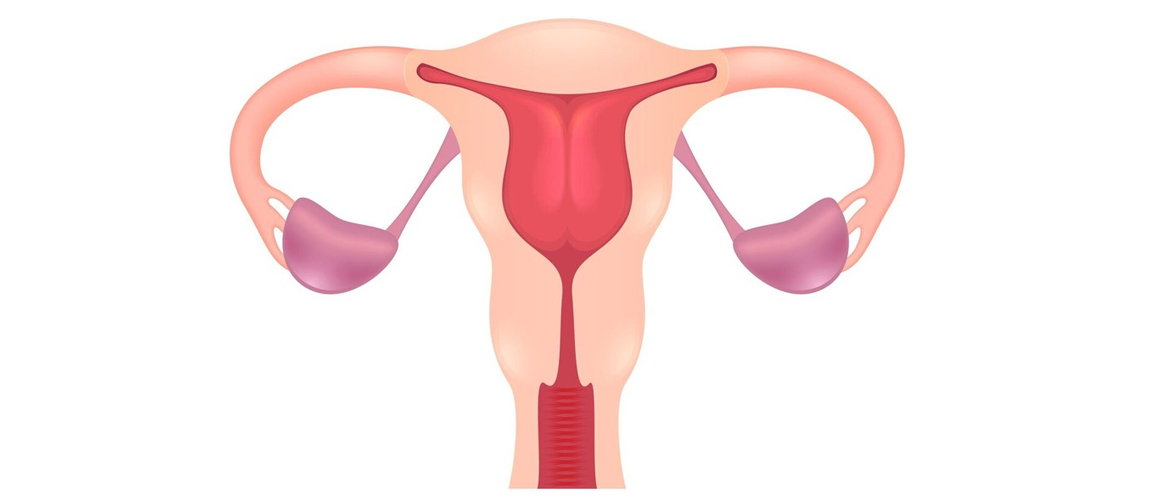What is PCOD?
PCOD, or Poly Cystic Ovarian Disease, is a condition where a woman’s ovary develops tiny follicles called cysts due to several factors like lifestyle changes, diet, hereditary, and insulin resistance. The development of these cysts in the ovaries leads to irregular menstrual cycles or prolonged cycles due to fluctuations in hormones, which eventually create an obstacle to reproduction.
Symptoms of PCOD:
Irregular menstrual cycle: The male hormone androgen is increased in production, which causes irregular menstruation.
Absence of menstruation: The hormonal imbalance due to the cysts that have developed leads to the absence of menstruation.
Excessive hair growth: The growth of facial hair and body-wide hair increases with an increase in the level of male hormones.
Weight gain: With the increase in the production of male hormones and insulin resistance, when the body’s ability to produce insulin is interrupted by cysts, weight gain occurs.
Pigmentation: Pigmentation in the neck region, face, and other areas of the body is a result of PCOD.
Acne: Acne on the face, neck, back, and other regions of the body is a result of increased androgen secretion, which also causes the skin to produce more oil.
HOW TO MANAGE PCOD: PCOD treatment
Diet changes:
Limitations in diet:
As PCOD makes a woman’s body prone to insulin resistance and hormonal imbalance, it is essential to limit the level of sugar consumption, fat, high protein, caffeine, and carbohydrates. These components in all forms, like fried food, beverages, and pastries, should be avoided. Consumption of alcohol should also be kept in check as it interferes in the production of estrogen, a female hormone. Pcod diet limitation can also aid in the prevention of pcod.
Supplement your diet: Pcod diet
Supplementing the diet with fruits, vegetables, greens, nuts, low-fat dairy, and food that is less processed helps in managing the condition.
Incorporating workouts into your daily routine:
Women with PCOD are generally advised to do simple workout routines and maintain an active lifestyle to manage their weight gain due to PCOD and to regulate their condition. Losing weight can help with hormonal imbalance and maintaining the level of insulin generated.
Visiting a gynecologist:
It is insufficient to self-diagnose and match up symptoms with online cures. A gynecologist must be seen if the symptoms continue, to receive a diagnosis.
Following prescription and medication:
After visiting the gynecologist, it is essential to follow the prescribed medications and lifestyle modifications accordingly.
Due to changing lifestyles and habits, human beings are in a position to endanger their health and lives. It is crucial to monitor one’s health and to take appropriate steps to lessen the condition’s effects.

